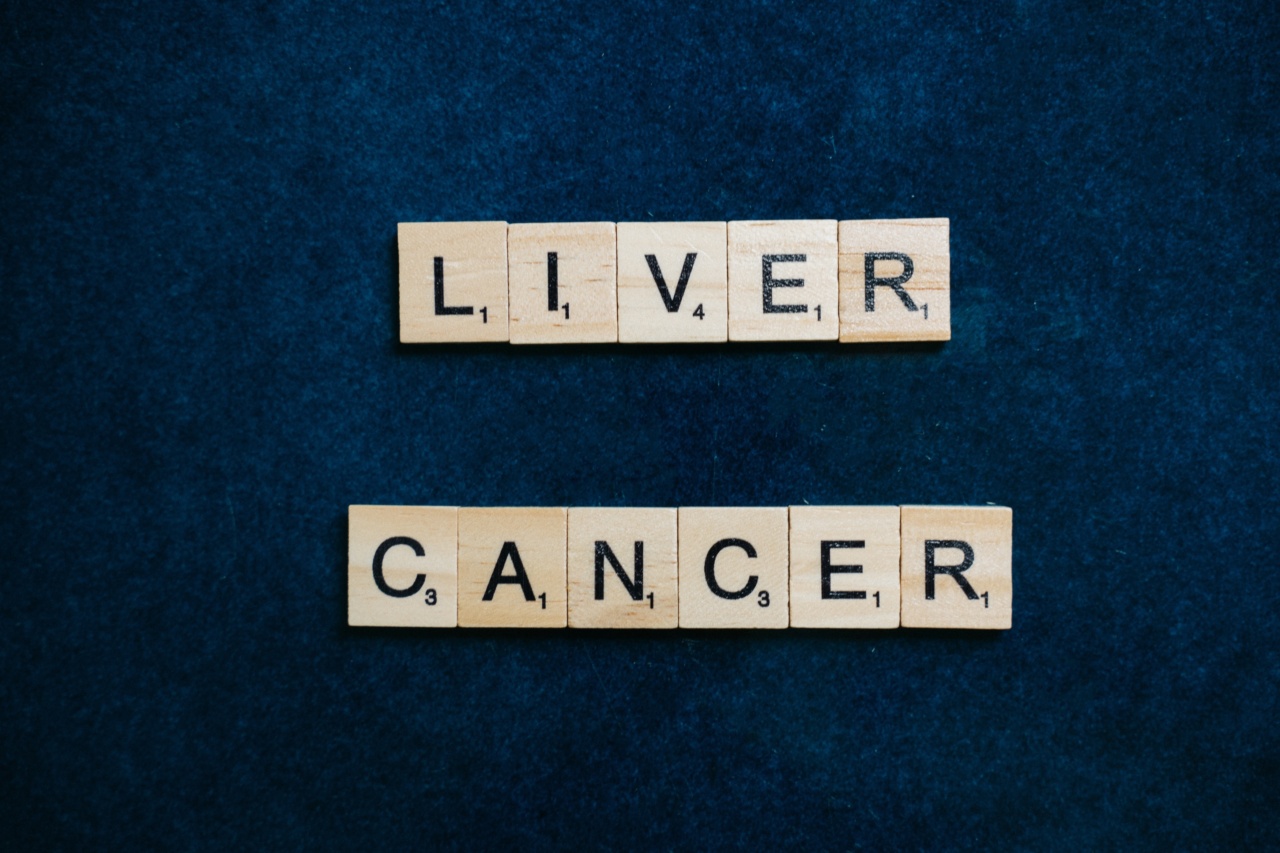Alcohol consumption has been a significant problem in society for all ages, and the condition is worsening with time, leading to major health risks.
The consumption of excessive alcohol leads to a variety of diseases, and the risk factor increases with the increasing drinks. One such issue caused by excessive alcohol consumption is liver cancer. In this article, we will discover how alcohol consumption leads to liver cancer and its effects on the human body.
What is liver cancer?
Liver cancer is a type of cancer that occurs in the liver when healthy cells become abnormal and grow uncontrollably.
Symptoms of liver cancer may include abdominal pain, unexplained weight loss, loss of appetite, fatigue, jaundice, and swelling in the abdomen. Unfortunately, many symptoms of liver cancer do not appear until after the disease has advanced, which makes early detection critical.
The Link between Alcohol and Liver Cancer
The liver is an essential organ in the human body that performs many crucial functions. One of its functions is to filter harmful toxins out of the bloodstream.
Unfortunately, excessive alcohol consumption can cause severe damage to the liver’s ability to function correctly. Alcohol is a chemical that is broken down in the liver, and during this process, free radicals are produced that cause damage to DNA. This damage can lead to the formation of cancerous cells, which can then develop into liver cancer.
The Amount of Alcohol that can Cause Liver Cancer
There is no absolute amount of alcohol consumption that can cause liver cancer, but studies have shown that the risk increases with the amount of alcohol consumed.
According to the American Cancer Society, men should limit their alcohol consumption to two drinks per day, while women should limit their alcohol consumption to one drink per day to reduce their risk of liver cancer. Drinking more than this amount has been associated with increased risks of many health conditions, including liver cancer.
Other Factors that Increase the Risk of Liver Cancer
Although excessive alcohol consumption is a significant risk factor for liver cancer, there are several other factors that can also increase the risk of developing this disease. Some of these factors include:.
- Chronic viral hepatitis (B and C)
- Cirrhosis of the liver
- Obesity
- Smoking
- Exposure to certain chemicals, such as aflatoxins
The Symptoms of Liver Cancer
Many symptoms of liver cancer do not appear until the disease has advanced. Some of the common symptoms of liver cancer include:.
- Abdominal pain or swelling
- Unexplained weight loss
- Loss of appetite
- Fatigue
- Jaundice (yellowing of the skin and eyes)
- Itching or rash
- Nausea and vomiting
- Fever
- Enlarged liver
- Enlarged spleen
Treatment Options for Liver Cancer
There are several treatment options available for liver cancer, but the most effective course of treatment depends on the extent of the disease and the patient’s overall health. Some of the common treatment options for liver cancer include:.
- Surgery to remove the cancerous tissue
- Chemotherapy to kill cancer cells
- Radiation therapy to shrink tumors
- Immunotherapy to help the immune system fight cancer cells
- Liver transplant (in severe cases)
Prevention of Liver Cancer
The best way to prevent liver cancer is to reduce the risk factors associated with the disease, such as excessive alcohol consumption. Other effective ways to reduce the risk of liver cancer include:.
- Getting vaccinated against hepatitis B
- Getting screened for hepatitis C
- Maintaining a healthy weight through diet and exercise
- Limiting exposure to chemicals that can cause liver damage
- Quitting smoking
Conclusion
In conclusion, excessive alcohol consumption is a major risk factor for liver cancer, and the risk increases with the amount of alcohol consumed.
The most effective way to prevent liver cancer is to reduce the consumption of alcohol and eliminate other risk factors associated with the disease. By following healthy lifestyle habits, such as getting vaccinated against hepatitis B, maintaining a healthy weight, and quit smoking, people can significantly reduce their risk of developing liver cancer.




























